Wisdom teeth, also known as number 8 teeth, often cause problems because they are easily infected, causing pain and affecting the teeth next to them.
Doctor Nguyen Manh Hung, Department of Dentistry, Bach Mai Hospital, said that wisdom teeth are the last teeth to grow in each person and usually grow when you enter adulthood, between the ages of 17 and 25.
However, there are cases where the impacted wisdom tooth must be extracted to protect oral health and the safety of neighboring teeth. This tooth has no chewing function and plays almost no role. In most cases, impacted wisdom teeth can even cause many dangerous complications.
In some cases, wisdom teeth grow straight but do not emerge from the gums; get stuck under the gum flap and cannot continue to grow; grow sideways and hit the root of the tooth next to them; or grow horizontally.
Complications caused by impacted teeth include local infection. When wisdom teeth begin to emerge, the gum tissue begins to separate. This is a relatively favorable time for bacteria to attack the inside through the open tissue, causing pain and inflammation.
This tooth can also cause reflex and sensory disturbances. The nerves are relatively concentrated in the lower jaw. Therefore, when the tooth grows crookedly or is impacted in the jawbone, it can easily compress the nerves, causing pain, pain when opening the mouth, difficulty chewing and swallowing, and even complete jaw stiffness.
When wisdom teeth develop but the jaw does not have enough space, they will tend to gradually lean towards tooth number 7, causing misalignment, pain, loosening of tooth number 7, and even breakage.
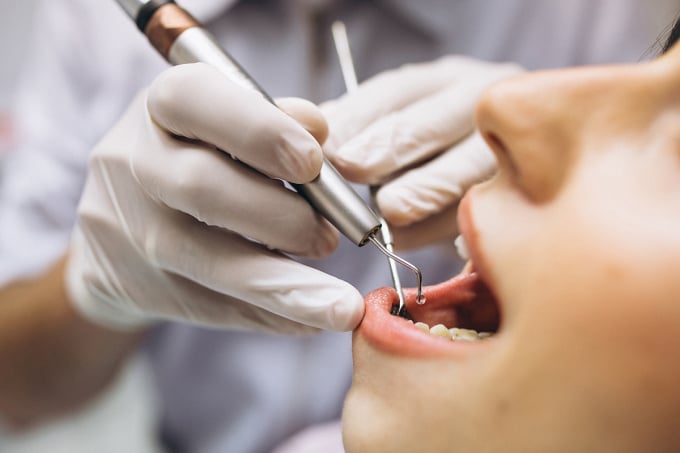
A woman is having her teeth checked. Photo: Freepik
In some cases, wisdom teeth grow crookedly but do not cause severe pain. This phenomenon appears in the upper wisdom teeth. Therefore, after taking a dental X-ray, the doctor will evaluate the direction of the wisdom teeth growth. Whether or not to extract the wisdom teeth, the difficulty of wisdom teeth extraction will depend on these factors. In addition, upper wisdom teeth are usually easier to extract than lower wisdom teeth.
When extracting wisdom teeth, patients need to clearly inform the doctor about their systemic diseases and the medications they are taking. Women who are menstruating should postpone the extraction until their period ends. Pregnant women should wait until after giving birth to extract wisdom teeth.
In the first few days after wisdom tooth extraction, the wound is still open. Therefore, you should choose soft, liquid foods that are easy to swallow, such as porridge or soup. Supplement with fruits and juices rich in vitamin C to help the gums heal faster.
Le Nga
Source link




![[Photo] Deep sea sand deposits, ancient wooden ship An Bang faces the risk of being buried again](https://vphoto.vietnam.vn/thumb/1200x675/vietnam/resource/IMAGE/2025/11/13/1763033175715_ndo_br_thuyen-1-jpg.webp)



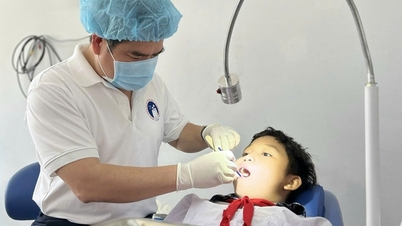





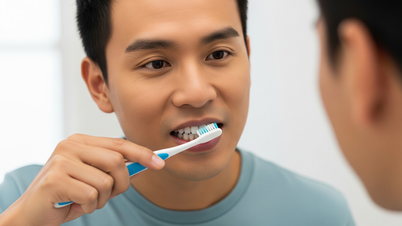

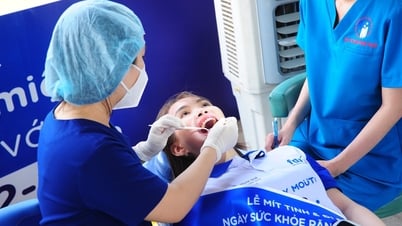
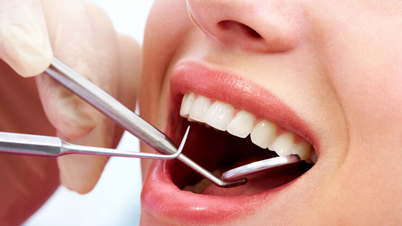




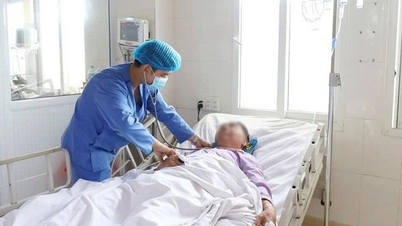
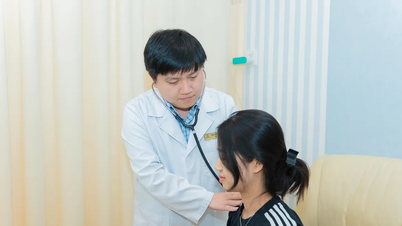



















































![[Photo] Panorama of the 2nd Vietnam-Cambodia Border Defense Friendship Exchange](https://vphoto.vietnam.vn/thumb/402x226/vietnam/resource/IMAGE/2025/11/13/1763033233033_image.jpeg)



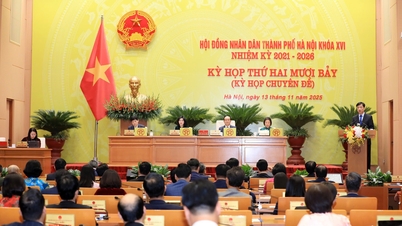




















![Dong Nai OCOP transition: [Article 3] Linking tourism with OCOP product consumption](https://vphoto.vietnam.vn/thumb/402x226/vietnam/resource/IMAGE/2025/11/10/1762739199309_1324-2740-7_n-162543_981.jpeg)







Comment (0)